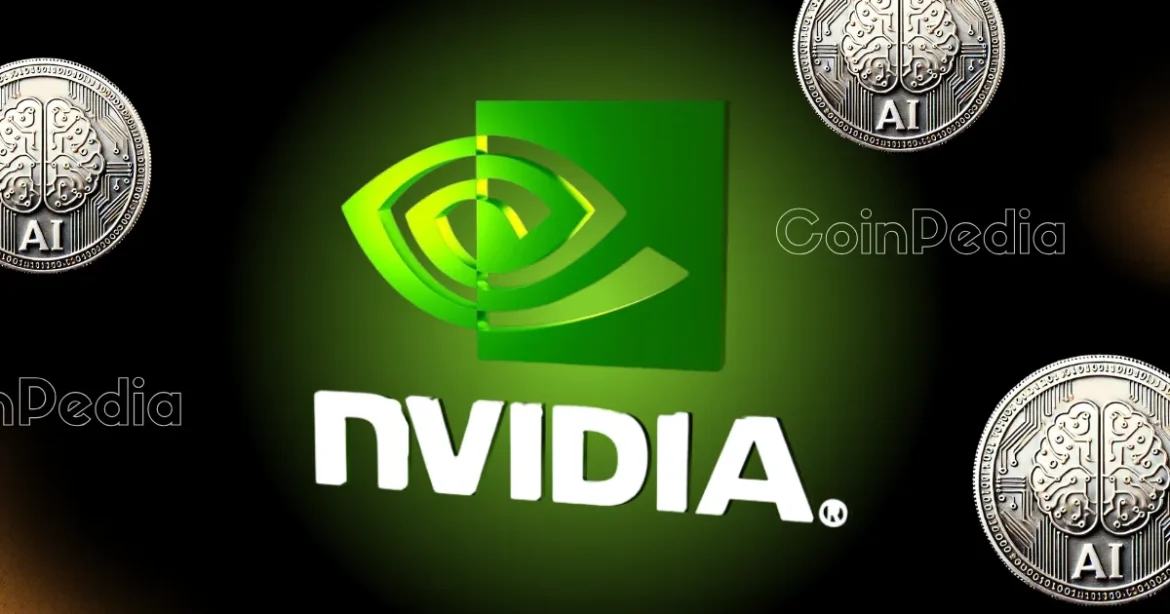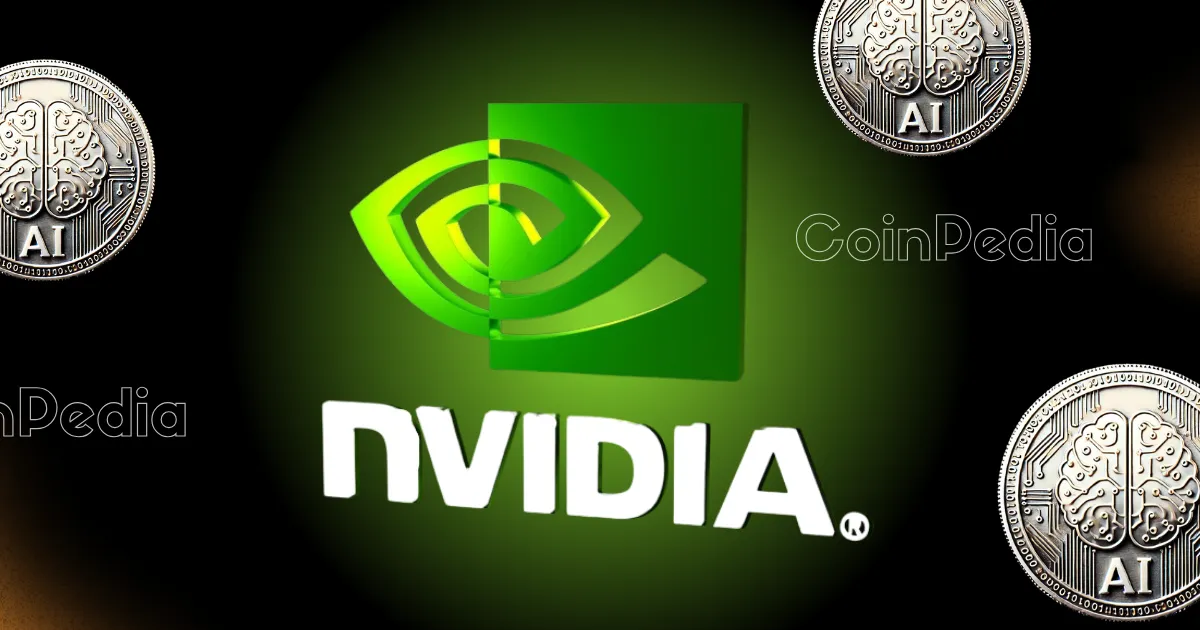AI, or Artificial Intelligence, has become an integral part of modern society, transforming various industries and aspects of daily life. From healthcare to finance, from education to entertainment, AI’s influence is pervasive and profound. This article will delve into the background of AI, its current applications, and its future potential, providing a comprehensive overview of this groundbreaking technology.
AI technology has its roots in the mid-20th century, with early pioneers like Alan Turing and John McCarthy laying the foundational theories. Turing’s concept of the “Turing Test” and McCarthy’s coining of the term “Artificial Intelligence” in 1956 marked significant milestones in the development of AI. Over the decades, advancements in computing power, data storage, and algorithmic techniques have propelled AI from theoretical concepts to practical applications.
AI can be broadly categorized into two types: Narrow AI and General AI. Narrow AI, also known as Weak AI, is designed to perform specific tasks, such as facial recognition or voice assistants. Examples include Apple’s Siri, Amazon’s Alexa, and Google’s Assistant. These systems excel in their designated functions but lack the ability to generalize their knowledge to other areas. On the other hand, General AI, or Strong AI, aims to possess human-like cognitive abilities, understanding, learning, and applying knowledge across various domains. While General AI remains a work in progress, significant strides are being made in this direction.
當前應用
AI’s current applications span a wide array of industries, each benefiting from the technology’s unique capabilities. In healthcare, AI is revolutionizing diagnostics, treatment plans, and patient care. Machine learning algorithms can analyze vast amounts of medical data to identify patterns and predict diseases with high accuracy. For instance, AI-powered systems can detect cancerous cells in medical images more efficiently than human radiologists. Additionally, AI-driven robotic surgery systems, such as the da Vinci Surgical System, enable surgeons to perform complex procedures with greater precision and minimal invasiveness.
In the finance sector, AI is transforming risk management, fraud detection, and customer service. Algorithmic trading uses AI to analyze market trends and execute trades at high speeds, often outperforming human traders. Fraud detection systems employ machine learning to identify unusual patterns in transactions, flagging potential fraudulent activities in real-time. Furthermore, AI-powered chatbots and virtual assistants provide 24/7 customer support, answering queries and resolving issues efficiently.
AI is also making significant inroads into education. Personalized learning platforms use AI to adapt to individual students’ learning styles and paces, providing tailored educational content. These platforms can track student progress, identify areas of weakness, and offer targeted practice exercises. Moreover, AI-driven tutoring systems can provide immediate feedback and guidance, enhancing the learning experience. In higher education, AI is used for research, data analysis, and even grading assignments, freeing up educators’ time to focus on teaching and mentoring.
未來潛力
The future of AI holds immense potential, with ongoing research and development pushing the boundaries of what is possible. One of the most promising areas is autonomous vehicles. Companies like Tesla, Waymo, and Uber are investing heavily in developing self-driving cars that can navigate roads safely and efficiently. Autonomous vehicles have the potential to reduce traffic accidents, alleviate congestion, and provide mobility solutions for those who cannot drive. However, significant challenges remain, including ensuring the safety and reliability of these systems in various driving conditions.
Another exciting frontier is AI in space exploration. NASA and other space agencies are exploring the use of AI to enhance mission planning, data analysis, and autonomous operations. AI can help in analyzing vast amounts of data collected from space missions, identifying patterns and anomalies that human scientists might miss. Additionally, AI-driven robots and rovers can explore distant planets and moons, collecting data and performing experiments autonomously.
AI is also poised to revolutionize the entertainment industry. In gaming, AI can create more immersive and challenging experiences by adapting to players’ skills and preferences. In film and television, AI can assist in scriptwriting, character development, and even directing. For example, AI algorithms can analyze successful movies to identify patterns and generate new story ideas. Furthermore, AI can enhance special effects and animation, creating more realistic and engaging content.
社會影響
While AI offers numerous benefits, it also raises important ethical and societal considerations. One of the primary concerns is job displacement. As AI systems become more capable, there is a risk that they will automate jobs currently performed by humans, leading to unemployment. However, it is also important to note that AI can create new job opportunities and augment human capabilities, leading to increased productivity and economic growth. Balancing these effects will require thoughtful policy-making and workforce training programs.
Privacy and security are also significant concerns. AI systems often rely on large amounts of personal data, raising questions about data privacy and security. Ensuring that AI systems are transparent, accountable, and secure is crucial to building public trust. Additionally, there is a need for regulations and standards to govern the development and deployment of AI, ensuring that it is used ethically and responsibly.
In summary, AI is a transformative technology with far-reaching implications. From its early theoretical foundations to its current applications in healthcare, finance, education, and beyond, AI continues to evolve and innovate. The future holds even greater potential, with autonomous vehicles, space exploration, and entertainment being just a few areas where AI is set to make a significant impact. However, as we embrace the benefits of AI, it is essential to address the ethical and societal challenges it presents, ensuring that AI is developed and used for the betterment of society as a whole.





